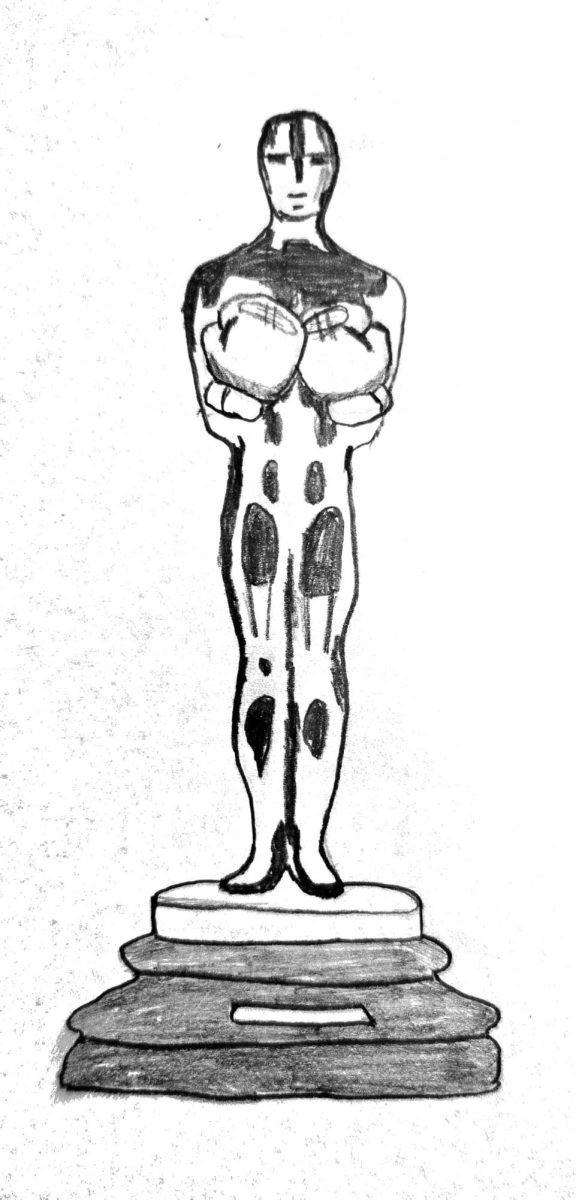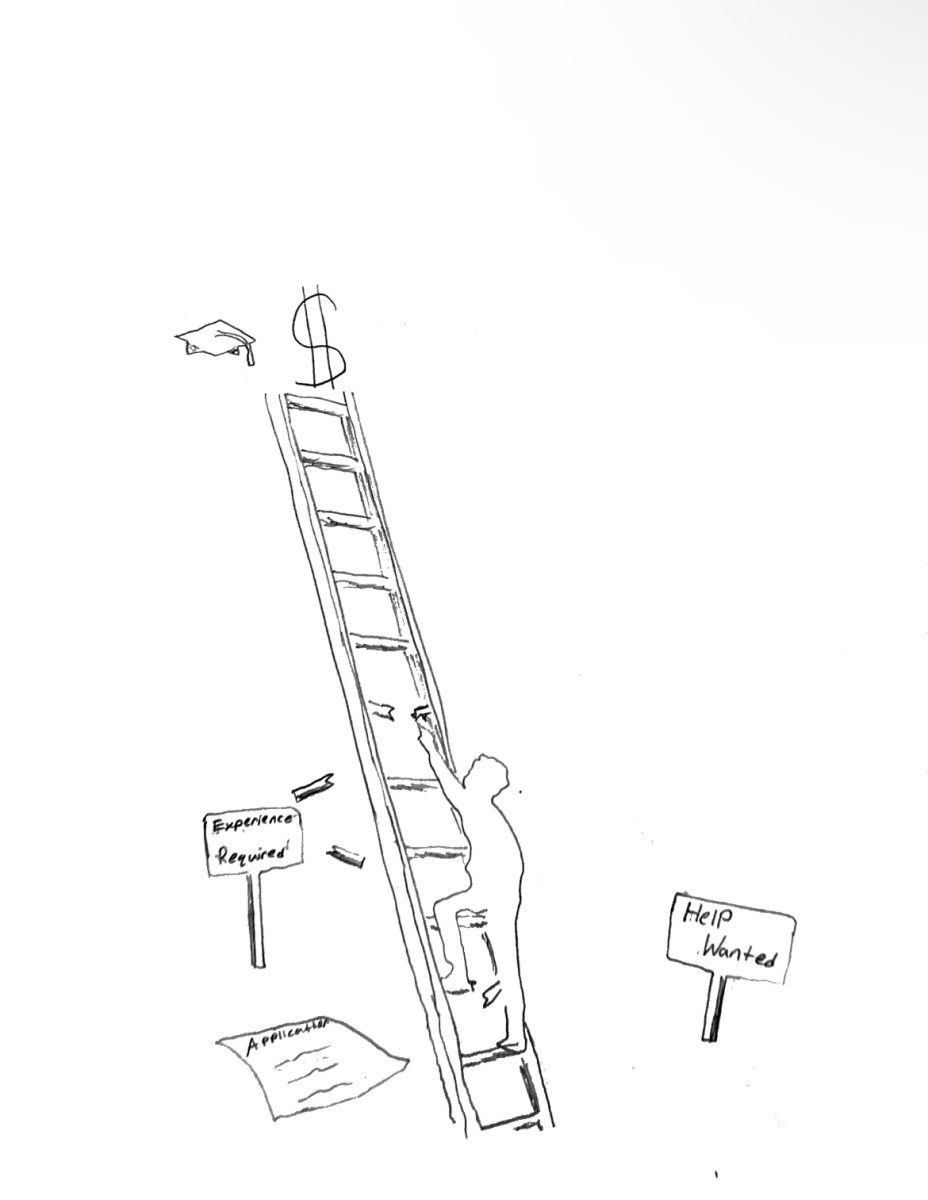As with any other week, many students find themselves either scrolling through TikTok or watching a television (T.V.) show. However, the constant attention they pay to the internet ultimately causes them to be manipulated by celebrities, influencers and films they watch. Media is the main cause of toxic masculinity in daily life and the cause for our society constantly progressing into a more patriarchal ideology.
A United Nations (UN) report has found almost 90 percent of men and women alike hold some sort of bias against females. The behaviors of celebrities like pop artist Kanye West and former president Donald Trump provide evidence of classic misogyny. West’s music depicts male sexual dominance, enforcing a toxic form of masculinity. On a larger scale, Trump amplifies patriarchal ideals in a video interview with Access Hollywood. In this 2005 audio recording, Trump made vulgar comments about women, claiming he could grab them by the female genitals since he is a “star.” He later insinuated that his comment was merely locker-room banter and apologized if any offense was caused.
Trump’s depthless apology and blatant objectification of women clearly displays misogynistic ideals. With celebrities like West and Trump continuously being brought into the spotlight as figureheads of antifeminism, evidently the supporters of these two people agree with their beliefs of male supremacy.

Furthermore, we can see social media influencers stirring the pot of patriarchy. Andrew Tate, a former kickboxer, online influencer and self-described misogynist, has become extremely popular in the past couple of years through social media apps. Robert Lawson, an associate professor in sociolinguistics at Birmingham City University, explained how Tate’s behavior reflects toxic masculinity.
“[Tate] is very big on this idea of the alpha male, the man that’s in control, that always knows what he’s doing, that always gets what he wants… I think some men can see that as a particularly attractive trait… He lives a very jet-set lifestyle: fast cars, private planes, mansions [and] expensive holidays away,” Lawson said.
Tate’s ideas belong to the past. Yet, despite his misogyny, he has more supporters than ever due to the accessibility of his content; his radical thoughts and words have spread, causing his followers to become classic patriarchs in aspiration of his lifestyle.
Although cell phones contribute immensely to the spread of information, media is not only limited to our phones. Shows can also portray certain fictional characters in toxic ways. For example, classic shows like “Gossip Girl,” “Friends,” and new examples like “Euphoria,” and “13 Reasons Why,” all contain examples of misogynistic characters who all have the intention of being alpha males and objectifying women around them. Characters like Blair Waldorf and Chuck Bass make toxicity a constant theme throughout “Gossip Girl.” The show doesn’t even attempt to sugarcoat the amount of male supremacy it promotes when in the pilot episode, we are introduced to the notorious womanizer, Chuck Bass, age 16, who tries to seduce a 14-year-old girl. After watching Bass’s forceful actions against a young girl, fans continue on with the show and are presented with the increasingly lavish lifestyle of Bass, who seems to have a new woman each day.
After researching the role American media plays in challenging and reinforcing society’s expectations of male masculinity, Evan Woolbright, a graduate English Composition and Communication student at Central Michigan University, found that society’s views on masculinity are rooted in fear — the fear of opening up, asking for help or appearing less manly by displaying emotions other than anger.
“Anger and violence are acceptable emotions for men because history has embedded this idea that it is necessary for growth and progress; this translates into films, T.V. shows… and becomes part of the hero archetype. These heroes, which are meant to represent the best of society, thus impact the standards of masculinity in the real world,” Woolbright said.
Despite the media’s portrayal of toxic masculinity, as times evolve, so have many people’s opinions. More celebrities are throwing away the so-called manly behavior. Harry Styles, Timothée Chalamet, and Michael B. Jordan are examples of men switching to a more “feminine” look and looking beyond the typical male standards. Shows like “Outer Banks,” and “Ted Lasso,” also have male characters that break the boundaries of masculinity. Woolbright explained how this trend is positively affecting men.
“If the media continues portraying more complex male characters… who break the boundaries of masculinity, male audiences may feel empowered to do the same,” Woolbright said.
I agree. The 21st century should be a time of equality, yet male supremacy continues to be a problem in our society. Due to our generation’s fixation on social media, the more toxic masculinity is talked about, the more it is popularized. With more access to the internet, harmful ideas of people like Tate and West are being spread more easily. We must stop giving these male suppressors a platform with which they teach people the wrong ways to view masculinity. We don’t need peoples’ entitlement to hinder gender equality throughout society just because they are male.







